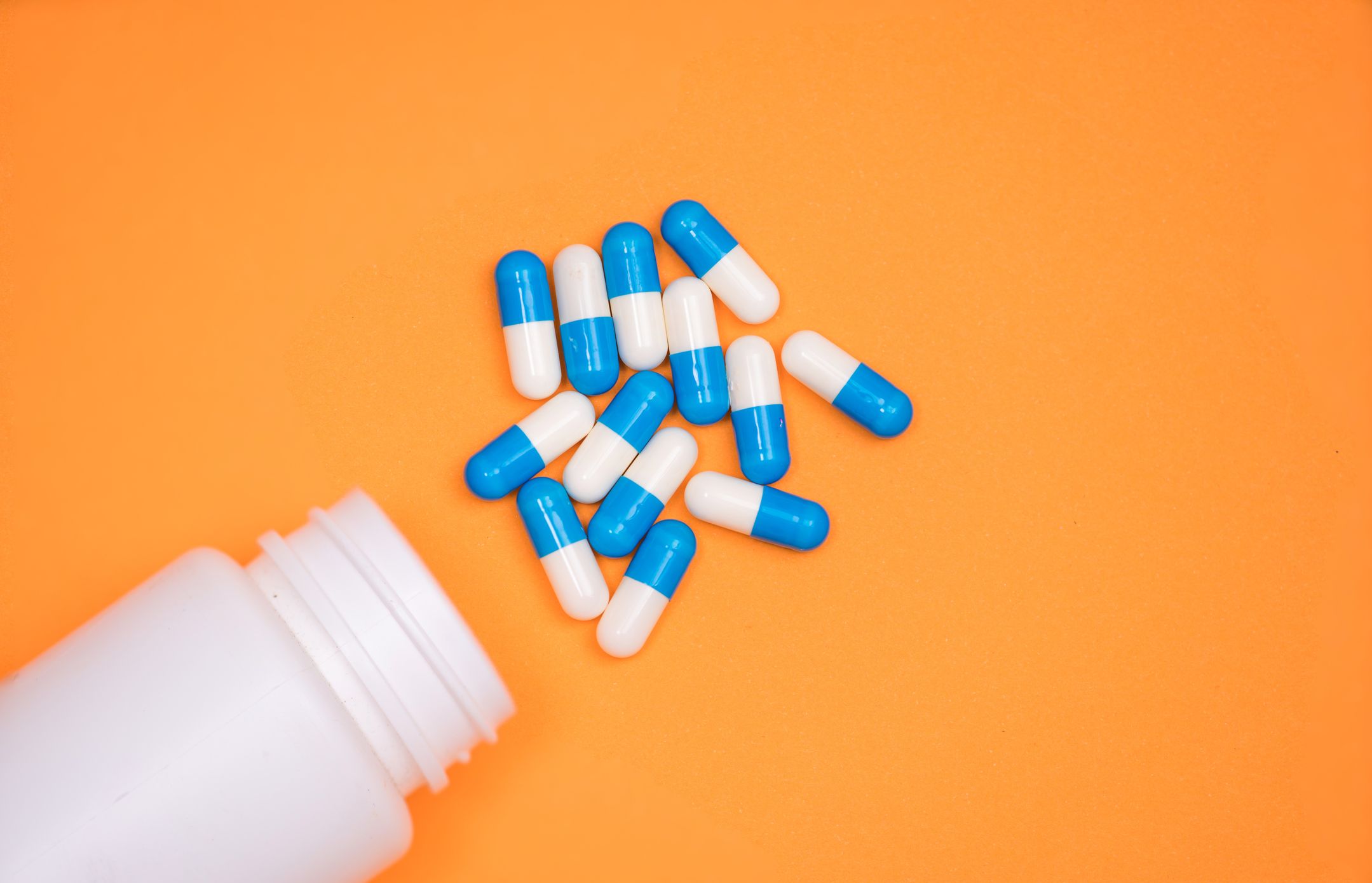Today, approximately 140,000 adults are diagnosed with ADPKD (autosomal dominant polycystic kidney disease), a painful and life-threatening inherited disease that eventually leads to kidney failure. In fact, more than half of those with ADPKP will develop kidney failure by age 50, making the disorder the fourth leading cause of kidney failure in the U.S.
For most Americans, ADPKP is not on their radar screen because it does not directly affect them. Yet, this terrible disease has important significance for every member of Congress.
The reason has to do with safety restrictions the Food and Drug Administration (FDA) requires of drug manufacturers to ensure the benefits of a needed medicine outweigh the drug's risks. Called Risk Evaluation and Mitigation Strategies (REMS), these safeguards allow FDA to approve needed medicines that would otherwise not be available due their potential for serious harm.
In the case of ADPKP, REMS is the reason FDA cleared the first treatment for patients with rapidly progressing disease. The therapy, tolvaptan (Jynarque), slows the development of fluid-filled liver cysts in both kidneys, which can grow as large as a football and cause kidney failure. Yet, the drug also causes severe and potentially fatal liver Injury, which is why FDA mandated the most rigorous REMS procedures, known as "Elements to Assure Safe Use," to prevent these complications. With these added controls, patients with advanced ADPKP can now benefit from tolvaptan to maintain their kidney function longer and improve their quality of life.
Tolvaptan is the latest drug where FDA has relied on REMS safety protocols to approve certain potentially lifesaving drugs that carry known risks, such as birth defects and severe complications.
The other 73 medications include valuable treatments for diseases and conditions that significantly affect women's lives – from asthma, Crohn's disease, and IBS to MS, obesity and a number of mental health disorders. Collectively, these drugs represent a tiny fraction of the thousand-plus branded medications now on the market.
Yet, allegations persist that REMS may not be necessary and are used to block generic manufacturers from getting the samples needed to create cheaper alternatives. In response, members of Congress have introduced legislation to change the REMS system. This includes bills that would force the sale of high-risk medicines requiring REMS controls to generic drug developers but without sufficient safeguards to prevent harmful exposure.
The bill with the most traction is the Creating and Restoring Equal Access to Equivalent Samples Act" (CREATES) and its goal – to bring more low-cost generic drugs to consumers faster – is one HealthyWomen supports. However, our organization is joining with other patient advocates to ask Congress not to pass CREATES at this time.
Why? To quote the old adage, "the devil is in the details." From a patient perspective, CREATES weakens needed drug safety protections and could put patients at risk of significant harm. For example, the bill would make it harder for FDA to verify that a generic drug company has the safety track record and expertise to follow rigorous REMS protocols. An even bigger problem is CREATES would do away with long-standing FDA policy that all manufacturers – branded and generic companies – must follow the same step-by-step REMS safety procedures as brand manufacturers when testing high-risk medicines. Without this requirement, drugs known to cause liver toxicity, birth defects and life-threatening complications would not be treated the same by all manufacturers.
However, safety concerns are not the only reason members of Congress should think twice about passing CREATES. Due to important changes at FDA, the number of low-cost generic drugs is increasing rapidly. In fact, in 2017, the agency cleared 1,027 new generic drugs for sale, the largest number in FDA history. As a result, generic drugs now account for 89 percent of the prescriptions dispensed in the US.
Also of note for lawmakers, information from FDA shows that many medicines subject to REMS have gone generic. Currently, 20 of the 74 REMS drugs now listed on FDA's website are either available only in generic form or are in shared systems where both branded and generic versions of REMS drugs are made available to patients with the same safety requirements.
This progress is good news for members of Congress and patients alike. The REMS program is working to bring needed drugs to millions of Americans who are fighting terrible diseases, like ADPKP. At the same time, a record number of new generic drugs are reaching the market, including versions of high-risk drugs regulated with REMS safeguards. Thus, just as doctors opt for "watchful waiting" to ensure the risks of an action are warranted, now is the time when a wait-and-see approach makes sense on CREATES.
Phyllis Greenberger is the Senior Vice President for Science and Health Policy for HealthyWomen and is a leading women's health expert and advocate.


